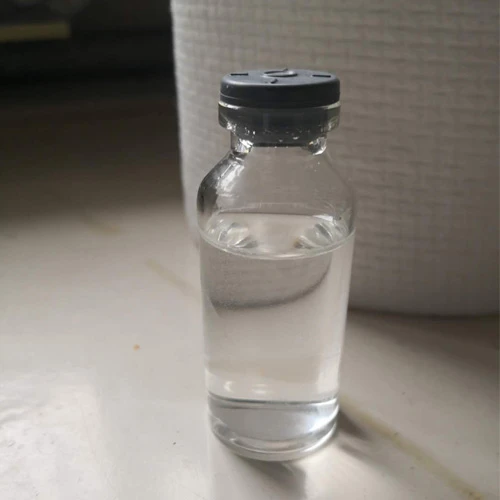Boiler Water Treatment Chemicals Ensuring Efficiency and Longevity
Boiler systems play a critical role in various industries, providing the necessary steam and hot water for processes ranging from electricity generation to heating and manufacturing. However, the efficiency and longevity of these systems hinges significantly on the quality of the water used and how it is treated. Boiler water treatment chemicals are essential for maintaining the integrity of boiler systems, mitigating issues such as scaling, corrosion, and operational inefficiencies.
Importance of Boiler Water Treatment
The primary objective of boiler water treatment is to ensure that the water entering the boiler is free from impurities that can cause damage. Water is inherently a solvent, meaning it can dissolve various minerals from pipes and components over time. Without proper treatment, minerals such as calcium, magnesium, and silica can accumulate, forming scale on the heat transfer surfaces. This scale acts as an insulating layer, reducing heat transfer efficiency and leading to increased fuel consumption and operating costs.
Additionally, untreated water can cause corrosion, which is particularly detrimental to the boiler's metal surfaces. Corrosion not only weakens the structure of the boiler but can also lead to leaks and catastrophic failures if not controlled. Thus, incorporating appropriate boiler water treatment chemicals is vital for protecting the system and ensuring safe, efficient operation.
Types of Boiler Water Treatment Chemicals
1. Scale Inhibitors These chemicals prevent the formation of scale by modifying the crystal growth of minerals in the water. Common scale inhibitors include phosphonates and polymers, which help to maintain a cleaner heat transfer surface and improve overall efficiency.
2. Corrosion Inhibitors To protect against corrosion, various inhibitors are used, including amines and film-forming agents. These chemicals create a protective layer on the metal surfaces, minimizing direct contact with the water and reducing the electrochemical reactions that lead to corrosion.
boiler water treatment chemicals

3. pH Control Agents Maintaining the correct pH level is crucial for boiler water treatment. Chemical agents such as sodium hydroxide or sodium bicarbonate are often used to adjust pH levels, ensuring an optimal environment that reduces the risk of both corrosion and scale formation.
4. Oxygen Scavengers Oxygen present in boiler water can contribute to corrosion processes. Oxygen scavengers, such as hydrazine or sodium sulfite, are employed to chemically bind and remove dissolved oxygen from the water, thus protecting against oxidative corrosion.
5. Biocides and Algaecides In some systems, especially those that operate with open cooling systems or are exposed to organic materials, microbial growth can threaten the integrity of the boiler. Biocides and algaecides are used to control microbial populations, ensuring that the boiler system remains free from biofouling and related issues.
Implementation and Monitoring
Effective boiler water treatment involves not only the appropriate application of chemicals but also regular monitoring and analysis of water quality. Water samples should be routinely collected and tested for parameters such as hardness, pH, and the concentration of dissolved oxygen. This data enables operators to make informed decisions regarding chemical dosing and treatment adjustments.
Furthermore, it is essential to follow manufacturer guidelines and industry standards when selecting and applying boiler water treatment chemicals. Over-treatment can lead to unwanted chemical interactions and further complications, while under-treatment may fail to adequately protect the system.
Conclusion
In summary, the use of boiler water treatment chemicals is critical for ensuring the efficient and safe operation of boiler systems. By addressing issues such as scaling, corrosion, and microbial growth, these chemicals help maintain the integrity of the equipment and optimize performance. For industries relying on boiler systems, investing in proper water treatment is not merely a matter of compliance but a cornerstone of operational efficiency and equipment longevity. Proper monitoring and management practices further enhance the effectiveness of these treatments, supporting safe and sustainable operations in the long term.

